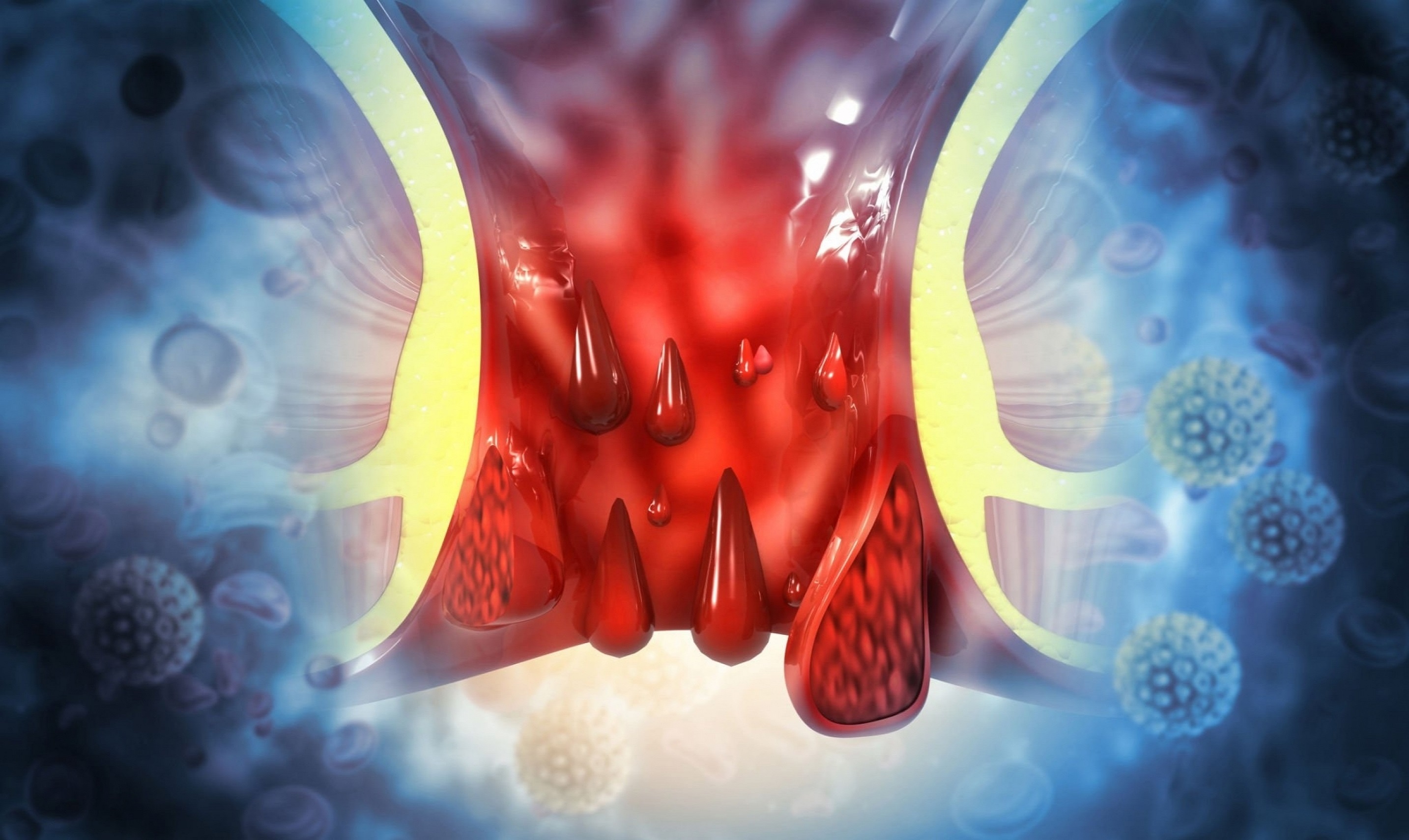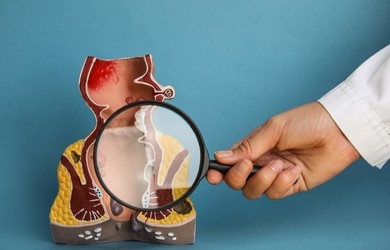
Fissure, or fissure-in-ano, is a common anorectal condition that affects the area around the anus called the mucosa. It is a small tear in the thin, moist tissue lining the anus. The most common causes of an anal fissure are constipation and straining or passing hard or large stools. In most cases, anal fissures will cause pain and bleeding when bowel movements are performed. In addition, you may experience spasms in the anal sphincter, the ring of muscle at the end of your anus. The Vithai Piles Hospital in PCMC, Pune, offers specialized laser treatment for anal fissures, piles, and fistulas to treat this condition safely and effectively. People of all ages can experience anal fissures, piles, and fistulas, even newborns. It's crucial to remember that piles in infants are comparatively uncommon. For the best piles treatment, speak with our doctor if you think your child may be in pain or if you see any signs of piles.



Dr. Atul Patil is working in the field of anorectal since last 8 years. He is post graduate of this subject from reknown Govt. College of ayurveda from Ernakulam, Kerala. He has develop his own treatment of anorectal diseses, with the great combination of kerala Ayurvedic treatment along with allopathic treatment, which assures the 100% cure.
Read More
Dr. Sarita Patil lady piles doctor in pune is Young and dynamic personality. Her eagerness to surpass the limits of the ordinary, led her to pursue a relatively unknown specialty – Proctology. She is master in anorectal disease associated with femanity.
Read MoreVithai Piles Hospital in PCMC, Pune, is highly experienced and can diagnose an anal fissure treatment with a physical examination. To diagnose the condition correctly and rule out complications, the doctor may prescribe additional tests. Anal fissures are diagnosed with sigmoidoscopy, annoscopy, and colonoscopy.
If you're looking for dependable and thorough fissure treatment in PCMC, Pune, you can rely on Vithai Piles Clinic to give you the attention and assistance you need. Our journey to your wellness begins here for a fissure-related issue. Before suggesting an individualized strategy for fissure treatment, our skilled medical professionals precisely examine your illness using special diagnostic techniques. We strive to deliver you the best and least invasive treatments possible for fissure-related problems, whether that means non-surgical methods, lifestyle changes, or minimally invasive procedures.
Anal fissures that don't heal with medication and other treatments may indicate a chronic condition. Among the most effective treatments for chronic anal fissures is laser-assisted surgery. First, the patient is administered general or local anesthesia. As the patient falls asleep, the surgeon uses a laser probe that emits laser radiation to heal the mucosa tears. It is a daycare procedure, so unless the doctor advises otherwise, the patient can go home the same day.


Anal Fissures can be caused by many factors, including chronic diarrhea, chronic constipation, injuries, and diseases such as Crohn's disease, anal cancer, STDs, etc.

Surgical Options: Lateral Internal Sphinterectomy (LIS) is a type of surgical option for anal fissures which involves cutting a small portion of the anal sphincter muscle to help reduce spasms and pain and promote healing. This surgical route is taken when a fissure does not respond to medications and other treatments.

“ Dr. Atul Patil is very friendly and provides full support to his patients. He also answers all patient questions fully and fully satisfied them. ”

“ My experience was absolutely delightful. I just had to show my insurance Ecard and a few ID proof and everything was taken care of. Insurance agents are not involved at all. My experience with Dr. Atul Patil has been smooth and he really listens to every query with patience. ”

“ During our consultation, the doctor provided really helpful guidance for our next steps. ”

“ Definitely the best doctor and he has great experience and is a hard worker, thanks doctor Saab. ”

“ Dr Atul Patil is really good and Dr Sarita mam along with their staff is very good in terms of taking care of the patient and providing best care thanks a lot ”

“My wife's piles treatment done in vithai piles hospital. Dr. Sarita patil mam did this operation and operation done successfully without any trouble. All staff are very carefull. Hospital is very clean and well maintained with all facilities. ”

“ Dr. Patil has extensive experience in Hemorrhoids, Fissures. Vitthai hospital is very good. The staff is very good. Very experienced. The staff take good care of the patients. The hospital has a good atmosphere. The patient feels very good in such an environment. ”

“ Verry good Doctor and supporting staff. It's been one year since my treatment of level 4 Piles with Fisher now I have no complain. Thanks to Doctor Anil Patil. ”